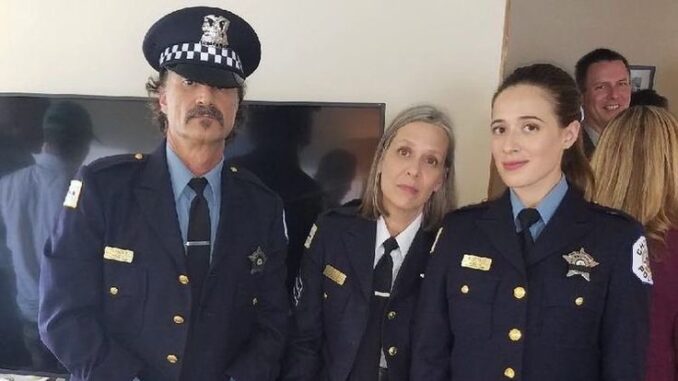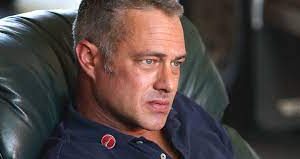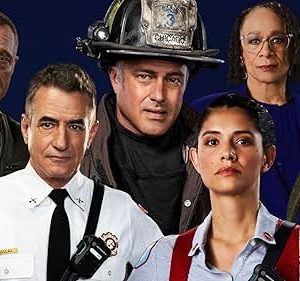In the explosive twists and turns of Chicago P.D. Season 12, one moment stood above the rest in terms of moral ambiguity and raw emotional impact: Voight killing Reid. The scene, as shocking as it was inevitable, sparked intense discussion among fans and critics alike. Following the episode, showrunner Gwen Sigan weighed in, stating that if Alvin Olinsky were still alive, he might have been the only one able to stop Voight from pulling the trigger. But as a longtime fan of the series, I respectfully disagree. Not only do I believe Olinsky wouldn’t have stopped Voight—I’m convinced he wouldn’t have even tried.

To understand why, we have to revisit the core of Hank Voight and Alvin Olinsky’s relationship. From the earliest seasons of Chicago P.D., Olinsky was more than just Voight’s trusted partner—he was his moral mirror, his quiet conscience, and at times, the only one who could temper Voight’s darker instincts. But tempering isn’t the same as stopping. Olinsky understood Voight better than anyone, not because he was morally superior, but because they were cut from the same cloth. Both men lived in a world defined by unspoken rules, loyalty, and a relentless pursuit of justice, even if it meant coloring outside the lines.

The argument that Olinsky could have physically or emotionally intervened hinges on the idea that he would have seen Voight’s actions as unjustified. But that’s a stretch. Olinsky was never a by-the-book cop. He operated in the gray, and he did it with an understanding of when the law failed to serve the victims. When Voight sought revenge or retribution in the past, Olinsky rarely stood in his way. He questioned, yes. He raised eyebrows. But when the time came, he often let Voight walk into the storm without trying to drag him back.
In Season 12, Voight’s decision to kill Reid wasn’t just a moment of personal vengeance—it was the culmination of a season-long descent, fueled by betrayal, trauma, and the slow erosion of his faith in the system. Reid wasn’t just another suspect. He represented a line that Voight had long kept blurry, and this time, he chose to cross it. In that final confrontation, Voight wasn’t looking for justification. He was acting on instinct and pain. And if Olinsky had been there, it’s hard to imagine him trying to stop that.
It’s worth remembering the final days of Olinsky’s arc on the show. His own loyalty to Voight ultimately cost him his life. He went to prison, in part, for remaining silent about Voight’s role in covering up a murder. He was a man who had made peace with the gray areas. He didn’t seek to reform Voight—he simply tried to contain the fallout. That dynamic never made him a moral compass; it made him a co-conspirator in justice served the Voight way.





